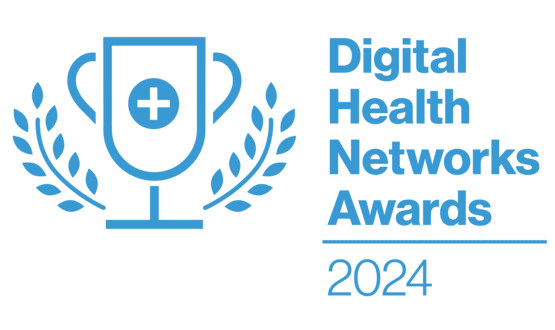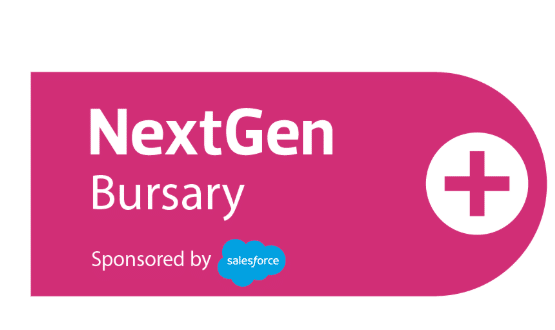The CCIO interview: James Reed, Birmingham and Solihull Mental Health NHS FT
- 24 April 2017

James Reed – chief clinical information officer at mental health global digital exemplar Birmingham and Solihull Mental Health NHS Foundation Trust – talks to Digital Health News about his organisation’s e-prescribing project and reveals musings on an alternative career as an academic Classicist.
Why did you become an NHS CCIO?
I’ve always been interested in technology of all kinds, and always been really keen to bring this interest into clinical work.
Within your organisation, what is the most significant digital achievement of the past 12 months?
We are in the middle of a full scale electronic prescribing implementation project. This has taken an enormous amount of work, both technical and in the organisation. We have successfully moved all of our wards on to the system and are already seeing the benefits of it.
What will be the most significant of the next 12 months?
We have two main goals – the first is to extend the EPMA system into community teams, and the second is to put in a document management system, which is the final step on the road to being entirely paperless.
What’s the biggest barrier to being a more effective CCIO?
Time! I think it’s vital as a CCIO to continue with active clinical work, but at the same time the technology side is ever expanding. The other challenge in a large organisation is keeping in touch with all the sites and teams and remain up to date on the current issues facing staff.
What’s the biggest barrier the NHS faces overall in achieving digital transformation?
The size and diversity of the different individual organisations which make up the NHS as a whole do make it very difficult to bring consistent transformation and change across the board. However the commitment at the top of the NHS – including the appointment of a natonal CCIO – is a clear step in the right direction.
If you have one piece of advice for other NHS CCIOs, what would it be?
It’s really important to remain grounded in day-to-day clinical work, however exciting the technology may be!
Who in the NHS do you admire the most and why?
I think healthcare assistants are the unsung heroes of the NHS. Most people outside the service have never heard of them, and yet they do a huge amount of the essential clinical work that keeps our hospitals and clinics going.
If you were given £30 million to spend on digital transformation within your trust, where would that money go?
I’d fund the creation of a ground up redesign, and the creation of an electronic patient record for mental health services, with an open approach to design and interfaces and with interoperability in mind. To do this well would need a lot of investment but would pay off for mental health services across the country.
What is the most over-hyped digital innovation in health?
I think there is a lot of obsession with the use of consumer devices like iPads where a lot of the time these don’t meet the needs of clinicians. Apps in particular have seen a huge amount of effort and investment but relatively little clear benefit.
What is the most under-rated digital innovation in health?
Although it’s quite boring, not enough attention is paid to advances in infrastructure, particularly in mobile working. We are using Microsoft Direct Access which makes it dead easy for staff to work remotely and has been the difference between success and failure for our mobile working project.
What’s the worst job you’ve ever had and why?
I’ve been fortunate to have enjoyed all the jobs I’ve done so far although when I was training I did at times work for consultants with whom I did not exactly see eye to eye.
If you could invite three people, alive or dead, to dinner who would they be?
Thomas Edison, Nikolai Tesla and Guglielmo Marconi – all great technological pioneers.
What’s the background image on your home computer?
I never deviate from stock – so at the moment it’s the Windows 10 standard backdrop – so showing a distinct lack of originality.
What’s your favourite piece of technology at home and why?
We love our Google Chromecast – great for sharing YouTube, photos and so between everyone rather than being glued to a small screen.
If you could have any other job, what would it be?
I’ve always wondered about an alternative career as an academic Classicist.
In a film of your life, who would play you?
Edward Norton.




